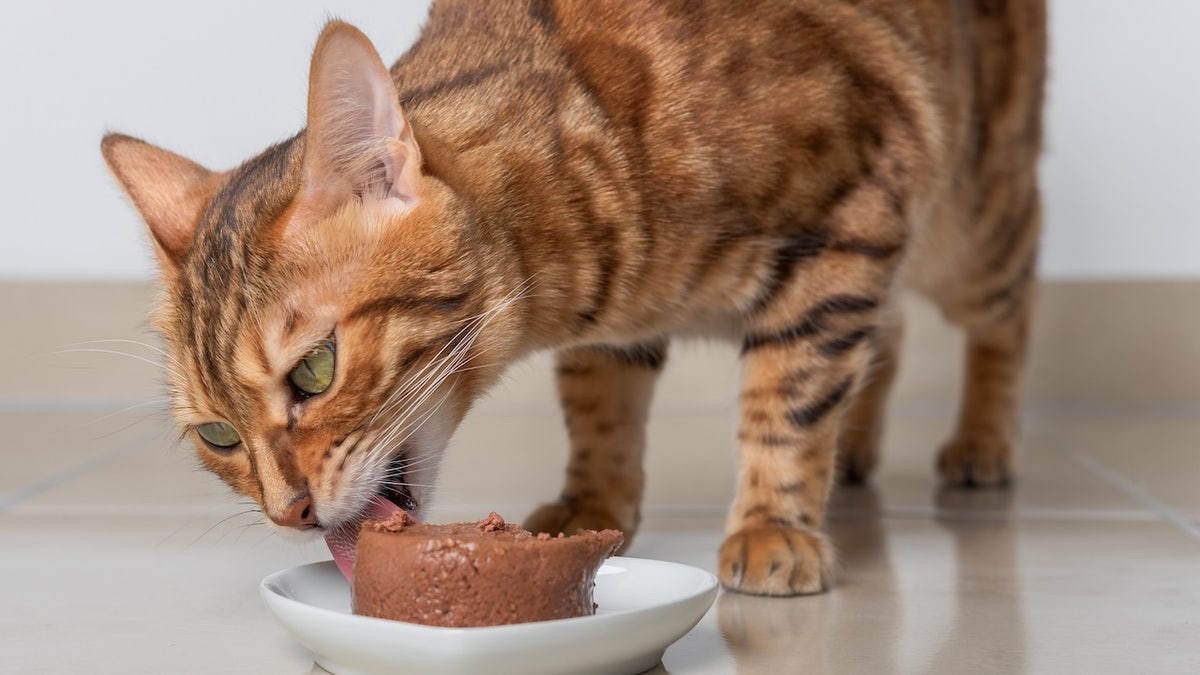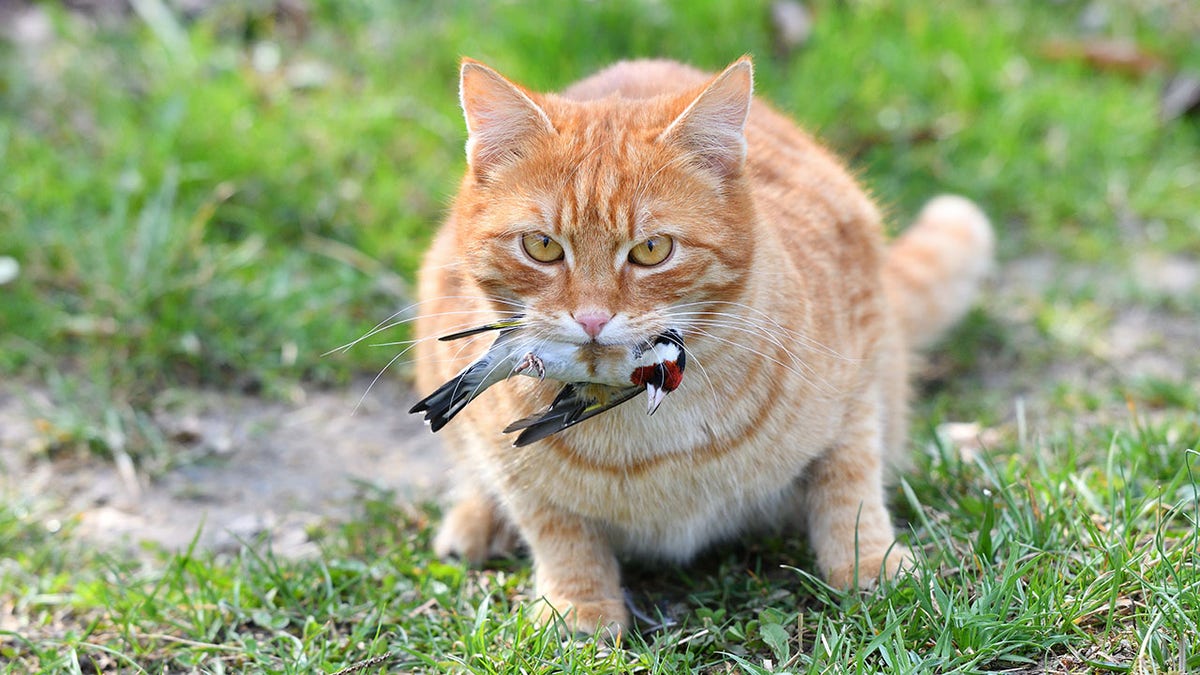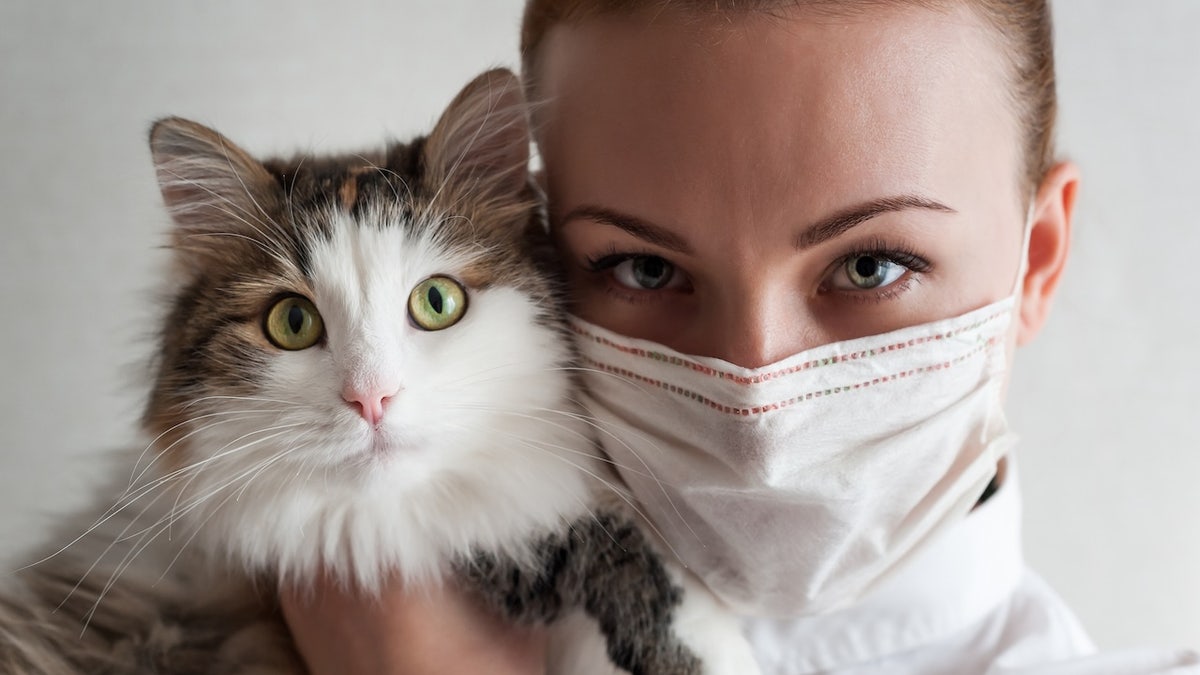Following a series of bird flu outbreaks, a Washington-based pet food company has initiated a voluntary recall of its raw chicken products. Wild Coast Raw, located in Olympia, Washington, issued the recall on March 1st for its Boneless Free Range Chicken Formula intended for cats, as announced by the U.S. Food and Drug Administration (FDA). The concern stems from the potential presence of the highly pathogenic avian influenza (HPAI) H5N1 virus in the affected products.
Both the 16 oz. and 24 oz. packages of the recalled product are affected, and consumers are advised to check the FDA website for specific lot numbers. This recall comes shortly after the Washington State Department of Agriculture (WSDA) reported two indoor cats testing positive for the HPAI strain of bird flu. One cat was unfortunately euthanized due to the severity of its illness, while the other received veterinary care.

The WSDA’s field veterinarian, Dr. Zac Turner, acknowledged the distress of pet owners facing this situation, urging them to seek immediate veterinary attention if their cats exhibit any symptoms. The FDA has outlined several potential symptoms of bird flu in pets, including fever, lethargy, decreased appetite, eye inflammation or discharge, respiratory issues, and neurological abnormalities such as tremors, stiffness, seizures, incoordination, or blindness.

Dr. David J. Cennimo, an infectious disease expert at Rutgers New Jersey Medical School, explained that cats have been known to contract bird flu through contact with infected birds, and more recently, by consuming contaminated raw pet food. He emphasized the inherent risks associated with raw pet food and the importance of recalls in cases of contamination. Importantly, he noted that cooked poultry products remain safe for both pets and humans. While no human infections related to handling raw pet food have been reported, the FDA advises caution and recommends handwashing and sanitizing surfaces after handling raw pet food to prevent potential transmission through contact with the eyes, nose, or mouth.

The FDA also lists potential bird flu symptoms in humans, including eye irritation, cough, sore throat, nasal congestion, muscle aches, headaches, fatigue, fever, difficulty breathing, seizures, rash, gastrointestinal issues, and recommends seeking medical attention if these symptoms develop after handling potentially contaminated products. Furthermore, the FDA and WSDA advise isolating sick animals and taking appropriate precautions during their care. The WSDA also discourages feeding raw pet food or raw milk to animals.

According to KFF Health News, over 80 domestic cats have been diagnosed with bird flu since 2022. Fox News Digital contacted Wild Coast Raw for comment.








